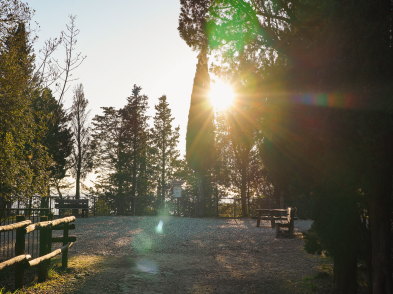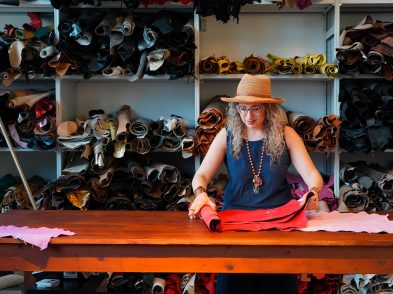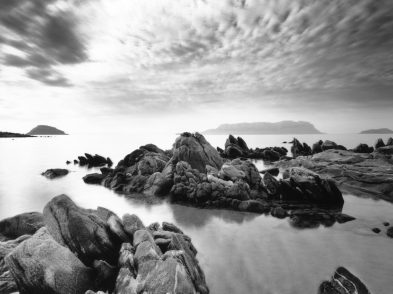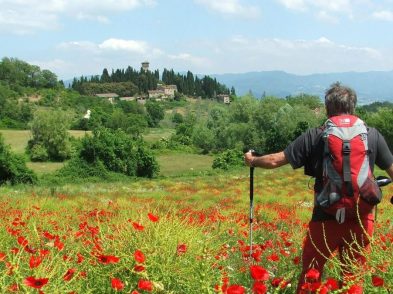Shoppers are flocking to the newly opened Humana Vintage on via delle Belle Donne as word has spread of an affordable vintage selection whose profits go to charity. Florence is the latest city in a roster of a dozen stores for the Italian branch of the worldwide non-profit Humana People to People, which conducts solidarity and sustainable development projects in the Southern Hemisphere.
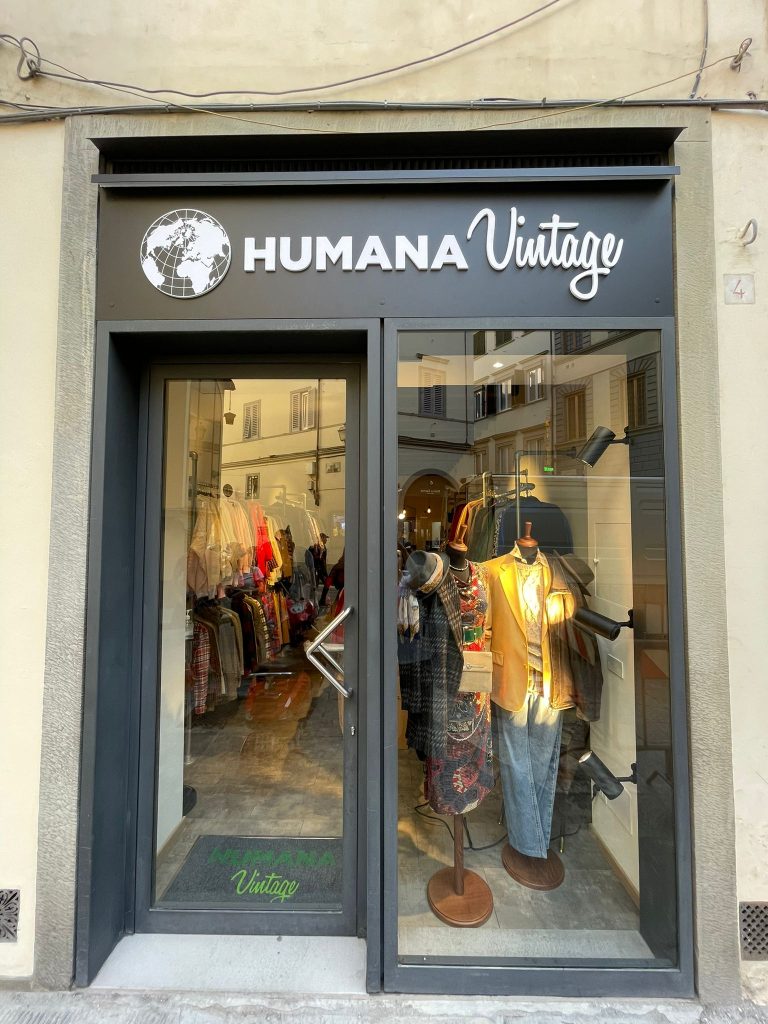
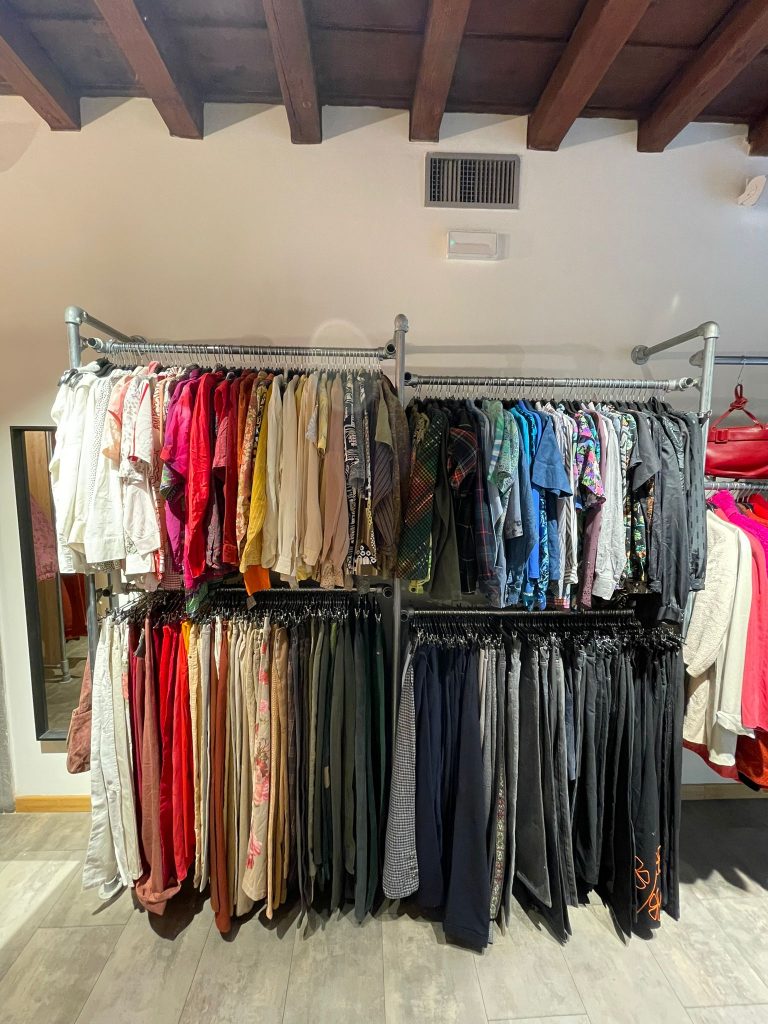
On a recent visit, some ten days after the store’s official opening, I browsed the racks and selected some warm woollen sweaters with the quality you only find in the Made-in-Italy of 20 or 30 years ago. Visitors from northern Europe were evaluating winter coats, a lady from Washington, D.C. immediately nabbed a fabulous leather jacket, and creative teens picked out items from the Nineties, strategically betting that they will still be in the store the following week at a discounted price.
To develop an optimum Humana shopping strategy, as well as to find out more about where the store’s profits go, I spoke with Luca Gilardi, head of Italian stores. What’s interesting is how Humana controls the entire value chain of used clothing, from collection boxes to sale in stores around the world (even in Africa) and also directly manages monies raised through their management of projects in Africa, Asia and Latin America.
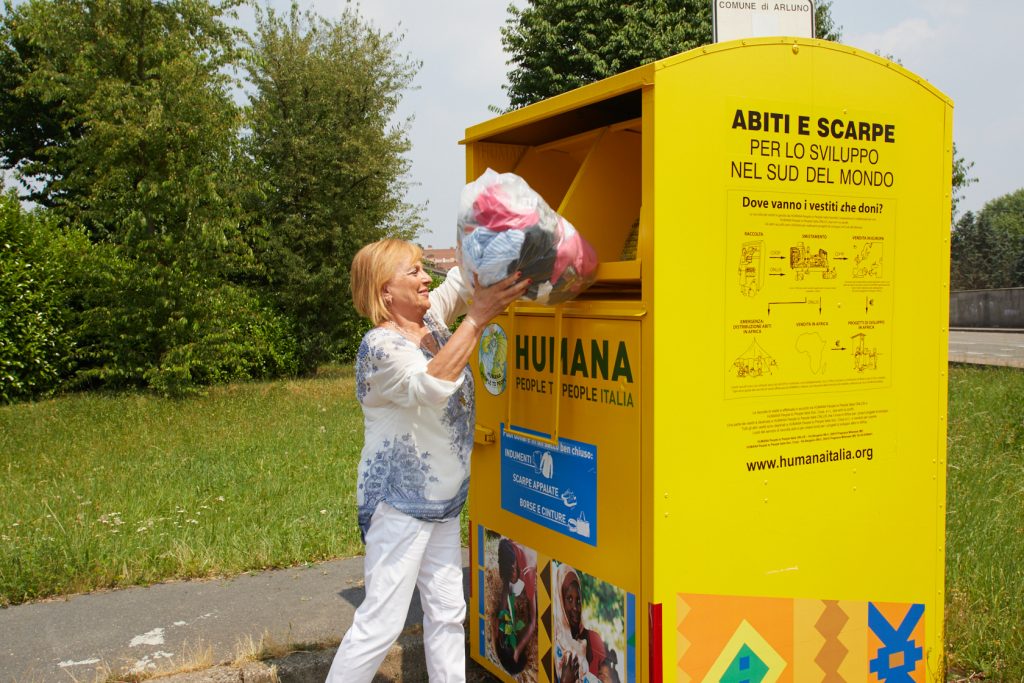
In Italy, Humana Vintage stores are the tip of the organization’s iceberg, but an important source of funding. Donated articles of clothing go through a selection center outside Milan, where a team of 40 women evaluate quality, age and, especially, brand name. “If it’s got an alligator on it, it stays in Italy,” quips Gilardi, and rightly so: that Lacoste polo might sell for 25 euro—much less than you’d spend online or elsewhere—and those funds go towards worthy projects. But value is also attributed to clothing that is selected for sale in Humana shops in Africa: cotton t-shirts, summer dresses and the like are not donated to users, but sold, creating work, raising dignity and also generating money for local projects.
In a world that is starting to realize that fast fashion is not the way forward, shoppers are prioritizing the environmental as well as ethical sustainability found in Humana Vintage stores, explains Luca, who observes that vintage has seen an uptick in the post-Covid fashion landscape. Humana cleverly takes a tip from the world of regular merchandising in the release of eight or nine “collections” each year, which means that if you’re hunting for a designer bag at a great price, you’ll want to nab it the day the collection is released. Price slashes encourage turnover in the whole store over the course of a few weeks.
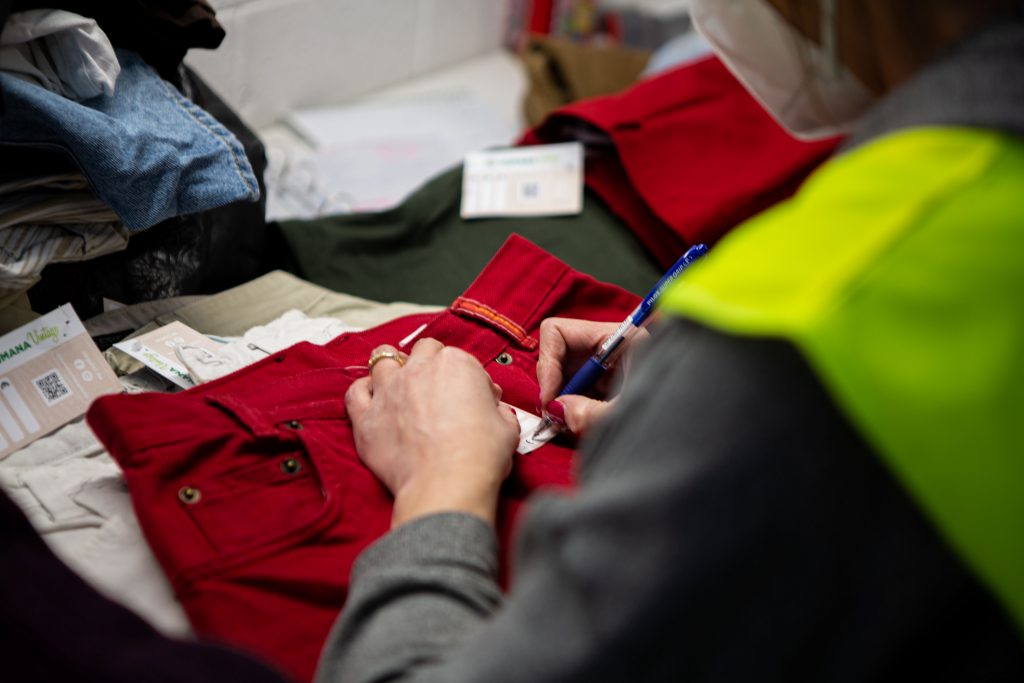
As summer finally turns cooler (one hopes!), the time has come to pick up some ethical and affordable pieces from this considered addition to Florence’s vintage scene.


